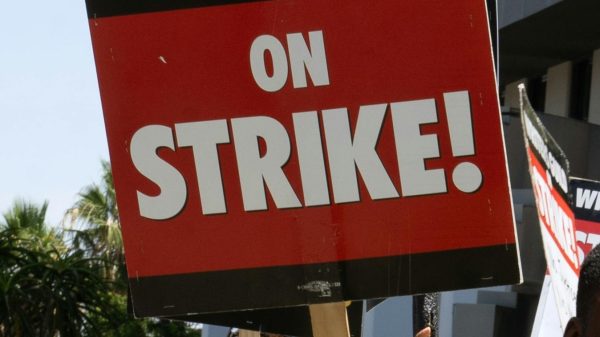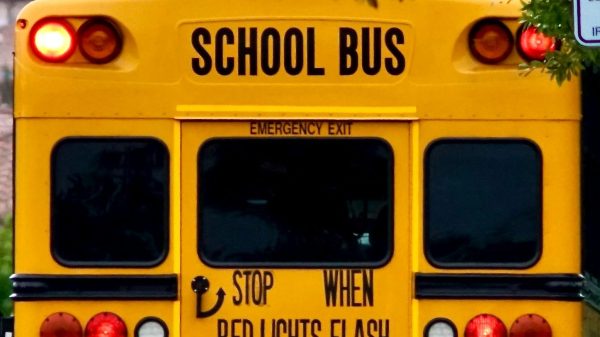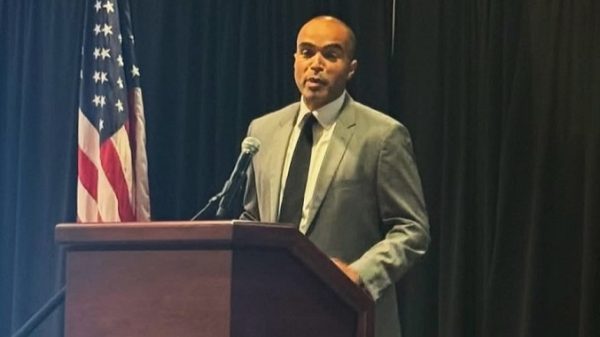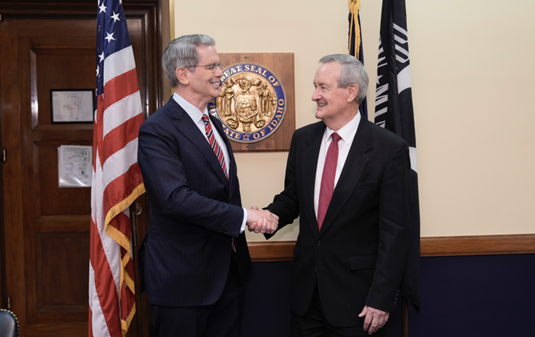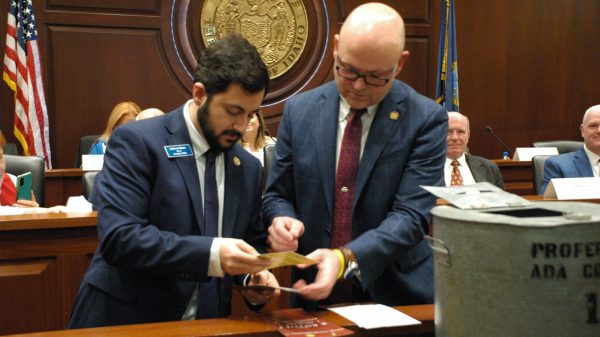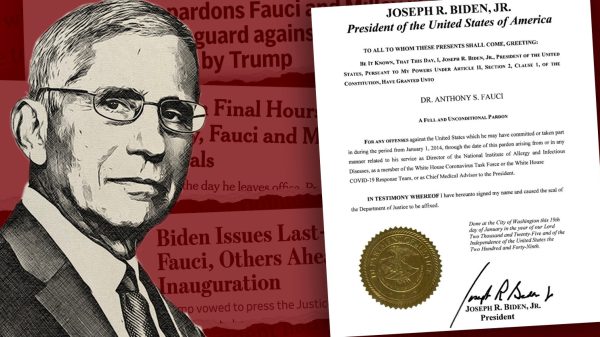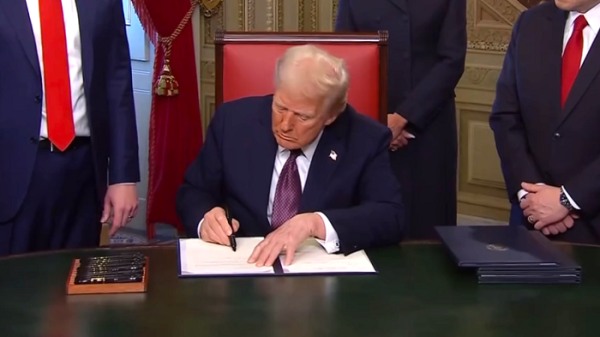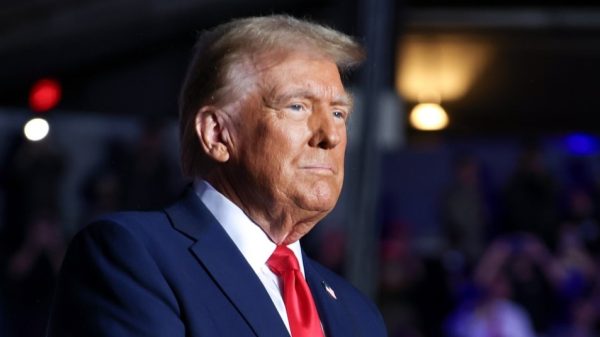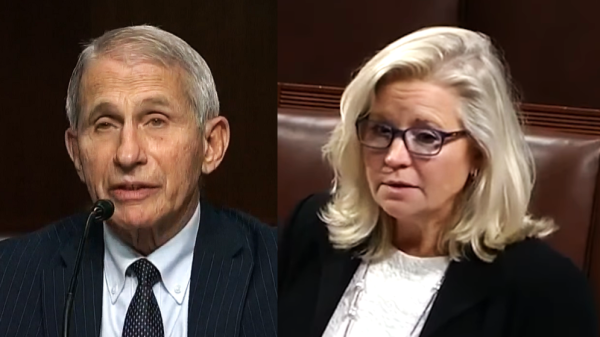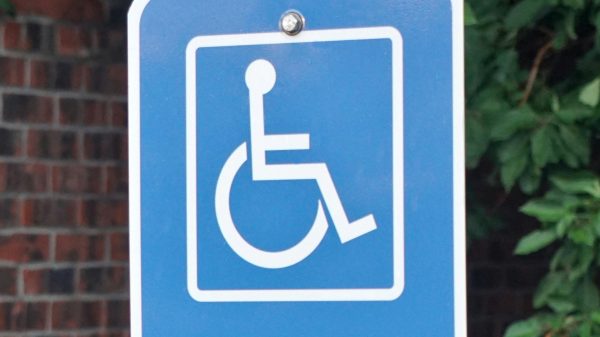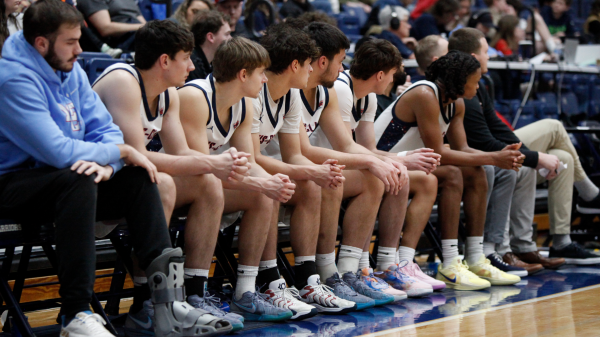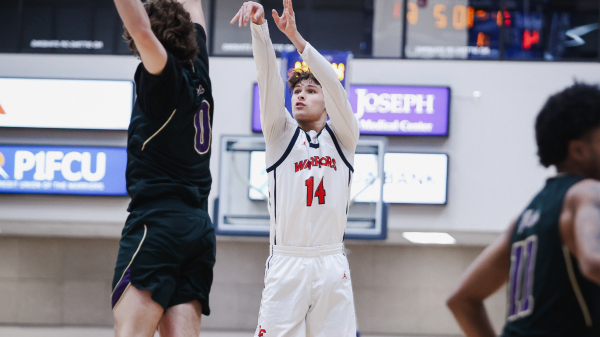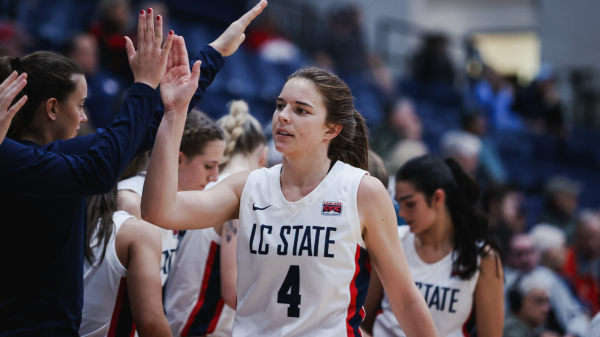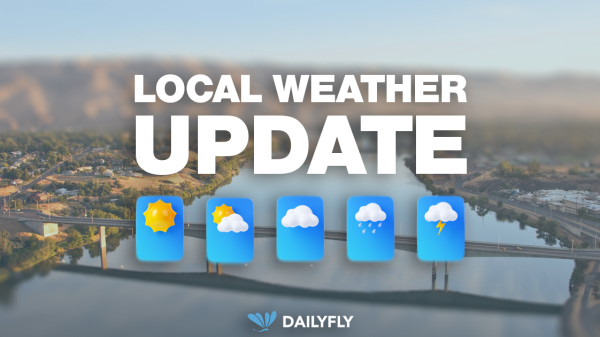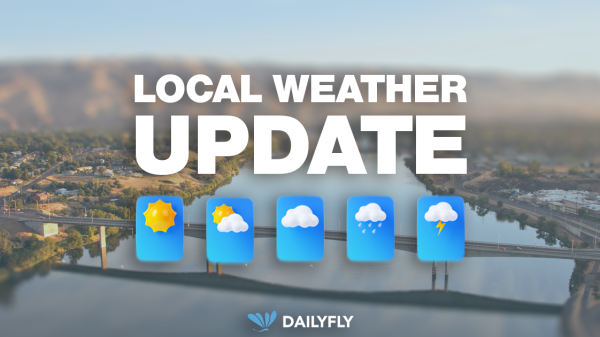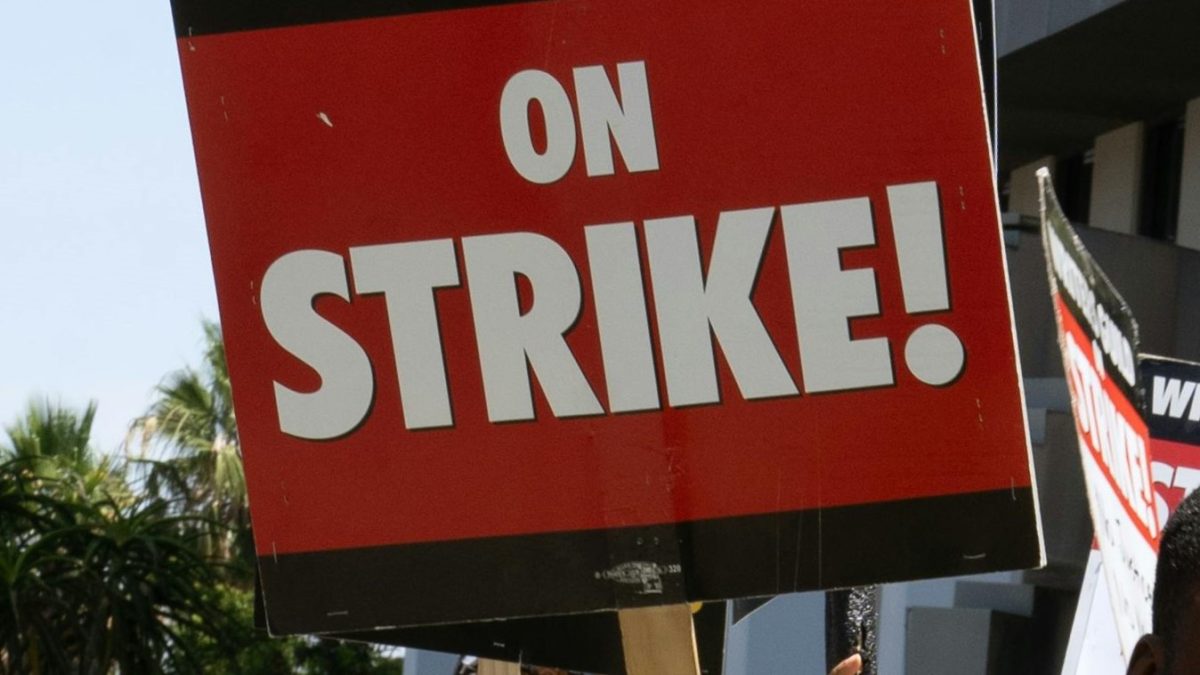(Olympia, WA) When workers go on strike, they’re often making a bet to temporarily lose their wages to fight for better ones.
This year, the Washington Legislature is again trying to decide whether they should help offset that lost pay by extending unemployment insurance to striking workers. Those on strike typically aren’t eligible for this safety net benefit in Washington.
Sen. Marcus Riccelli, D-Spokane, is sponsoring Senate Bill 5041, which would change that. Inspired by his working-class district, Riccelli said he took up the legislation this year because he wants to help level the playing field for workers.
“The pendulum has swayed so far one way, that I think these workers are just trying to make sure that they have leverage to negotiate contracts and get good benefits and fair wages,” Riccelli said.
Business groups strongly oppose the legislation, and last year it failed as Republicans and some Democrats withheld support.
If the bill passes, people who have worked more than 680 hours in a year would be able to access unemployment insurance starting the second Sunday following the first date of a strike.
The bill was first introduced last year in the House by Rep. Beth Doglio, D-Olympia. It passed in that chamber but died in the Senate where former senator Karen Keiser was the lead sponsor.
Labor advocates say the bill would help workers during tough contract negotiations. Other states, like New Jersey and New York, already provide unemployment insurance for striking workers.
“We’ve been really motivated to get workers like them a tool to ensure that they don’t have to sacrifice the totality of their economic health, to assert their rights to form a union or to reach that all-important first contract with their employer,” said Joe Kendo, chief of staff for the Washington State Labor Council.
Opponents say the bill would go against federal law and put added strain on the state’s unemployment trust fund.
“Federal law is coded [so] that workers who are not demonstrating that they plan to come back to work are not eligible for unemployment insurance,” said Rose Gundersen, of the Washington Retail Association. “So it really is against the basic principles in the federal law.”
Gundersen also argued that having access to unemployment insurance could disincentivize employees from bargaining in good faith during labor negotiations.
Unemployment insurance is funded by state and federal taxes that employers pay. When the program sees surges in claims that deplete state trust funds, it can drive up tax rates.
Washington’s unemployment trust fund is in good shape, according to Riccelli. And the Washington Employment Security Department estimates the bill would lead to a less than 1% increase in unemployment insurance claims when a qualifying strike occurs.
A strike by Boeing factory workers last year stretched nearly two months. But labor advocates say strikes are the last resort and ones lasting for more than two weeks are rare. They also say that employers refusing to negotiate with workers is becoming a more common bargaining strategy.
“The notion that having a partial wage replacement through unemployment insurance would incentivize workers to not take the bargaining process seriously is just not one that I think is rooted in reality,” Kendo said.
“Nobody goes on strike on the whim,” he added. “I mean, these are not decisions that are made at the snap of a finger, they are very disruptive for a family’s budget.”









